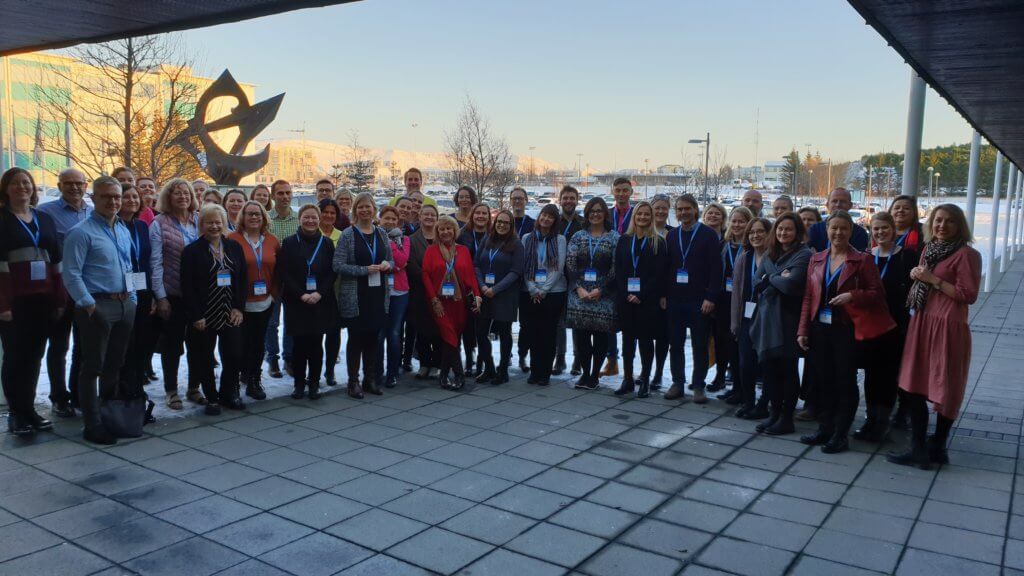Stay in the loop! Subscribe to our mailing list
All countries have committed to provide education that equips learners with the skills needed to promote sustainable lifestyles, global citizenship and appreciation of cultural diversity – namely through the Sustainable Development Goals. Teachers of the future have a pivotal role in this regard, and it is crucial that during their education and training, they are exposed to learning environments that help broadening horizons and enhance intercultural competences. Yet, teacher education tends to be domestic by nature, and teacher students often have fewer opportunities to study or train abroad than others.
Even though students in educational sciences make up 12% of all students in Iceland, their share in the total number of outgoing Erasmus+ students from Iceland is only 2%, according to 2017-data from Rannís, the Erasmus+ National Agency in Iceland. In cooperation with EDUFI, Rannís organised an Erasmus+ transnational event in Reykjavik 3-5 December, bringing together around 70 international coordinators and representatives of students and teachers from different countries in Europe with the main objective of finding common ways to bring down barriers to mobility in teacher education.

Presenters included researchers in internationalisation, global education and social justice as well as former and current students. During group work, participants discovered that many obstacles faced by teacher students in their country are common across Europe and discussed solutions, such as raising awareness of mobility opportunities before young people reach higher education, offering short term mobility and summer courses and implementing mobility windows into the curricula.
Furthermore, internationalisation should be an essential part of education studies through activities that help students develop international skills, such as: successful integration of incoming students, guest lecturers and digital collaboration across borders, including with eTwinning. In this way, internationalisation at home can play a decisive role in supporting teachers of the future to provide sustainable and inclusive education.